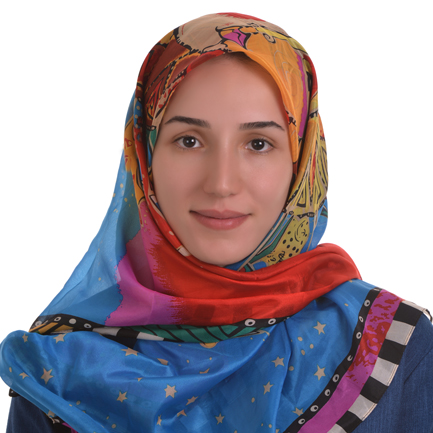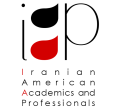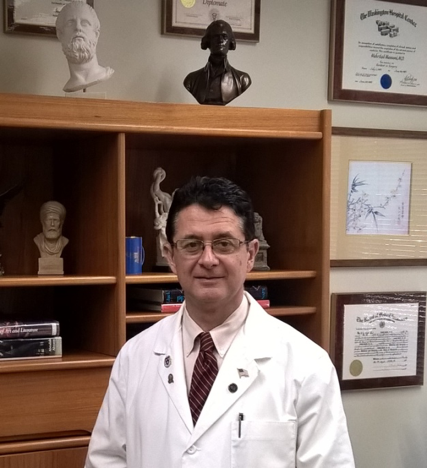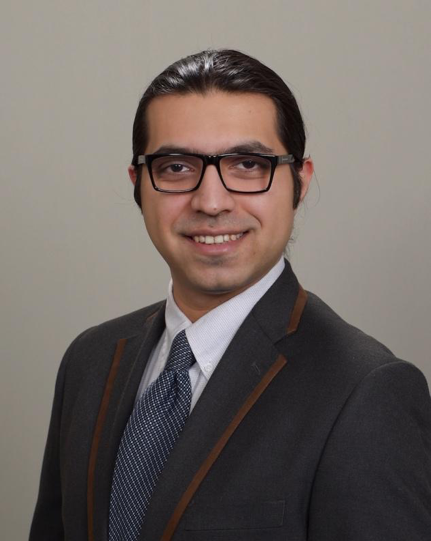Where: Montgomery Community College (Rockville Campus) – Humanities Building (HU), Conference Room 009
(Get Directions, Campus Map)
Language: Farsi (Persian)

Synopsis:
In response to many international initiatives, developing countries adopt reforms without sustained improvements in performance. Developing countries adopt these reforms to increase their external legitimacy and support without improving their performance. These attempts can sum up with capability traps in which states cannot improve or even decline their capabilities (Andrews and et al.2013 ). However, after the 1979 revolution, Iran’s institutions and organizations have leveraged their resources and technical expertise to critical mass of people’s’ ability and willingness to initiate and maintain changes. In this lecture, I discuss about Iran, which has been able to escape isomorphic mimicry (which organizations change what they look like instead of what they do.) and improve its capability in the absence of international interventions. To understand how Iran solves its public problems, I structurally analyze a post-revolution successful Iranian reform. Then, I compare those successes with the world’s “best practices” (which often failed due to lack of domestic ownership and adaption of imported reforms) and extract some lessons learned; allowing us to answer the question how Iran can be a game changer in other sectors such as economic growth. Being a game changer in this period of time is very important for Iran’s long time economic growth.
About the Speaker:
Masoomeh Khandan is a Research Fellow at Harvard Center for International Development and a consultant at the Center for Global Development, a think tank in D.C. She won the World Bank fellowship to study the Master of Public Administration in International Development (MPA/ID) at Harvard Kennedy School of Government (HKS) in 2013. She also won 2015 Susan C. Eaton Memorial Prize for the best paper at HKS. Currently, She is working on economic development and economic growth.
Her undergrad studies were in Electrical Engineering at Sharif University of Technology. To address some issues of Iran’s education system, she participated in leading a community of highly motivated volunteers to form the “Asseman Group”, an NGO with the mission “to conceptualize and institute Iranian children with some of the decisive, but unfortunately less-emphasized, skills such as systems thinking, team work and life skills, through edutainment”. Encouraged by this project, she attended “Leading Education Systems at the National Level”, a program offered by Harvard Graduate School of Education. Also, she led a team of students and graduates from Harvard Kennedy School and Sharif University of Technology to evaluate Iranian’s higher education system. The results were delivered to Iran’s Ministry of Higher Education to incorporate in a policy for universities.
For this lecture: light refreshment will be provided
Please click here to RSVP.



